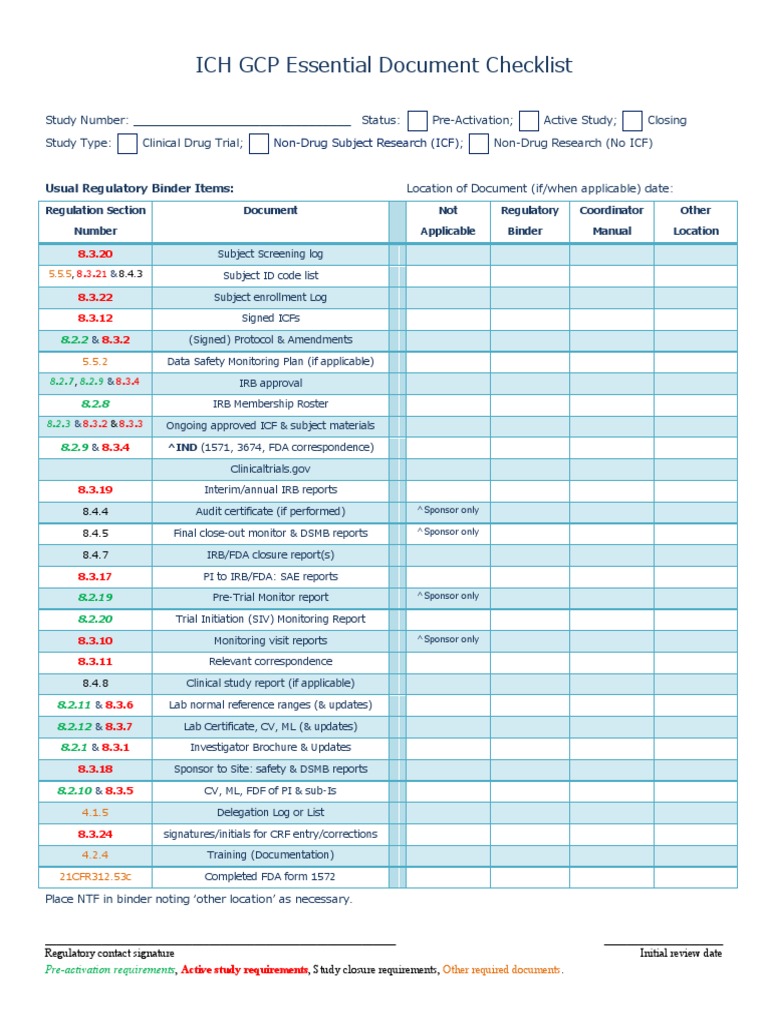Essential Paperwork Checklist for Closing on Your Dream Home

If you're about to close on a new home, congratulations! It's an exciting milestone filled with anticipation. However, before you can pop the champagne, you need to navigate through a series of documents. This comprehensive checklist ensures you're prepared for every piece of paperwork you'll encounter during the home buying process.
1. Purchase Agreement

The Purchase Agreement or Real Estate Sales Contract is the cornerstone document that outlines all the terms of the sale. Here’s what you should look for:
- Purchase price: The total amount you agree to pay for the property.
- Earnest money deposit: Money you put down to show your commitment to the purchase.
- Property description: Including the address, and specifics like lot number and improvements made to the property.
- Contingencies: Conditions that must be met before the sale can close, like the home passing an inspection or you securing financing.
📝 Note: Reviewing this document carefully can prevent misunderstandings and potential legal issues in the future.
2. Mortgage Application

Before closing, you’ll need to have your mortgage application approved. Here are the key components:
- Loan Estimate: Within three days of your application, lenders must provide a document outlining your loan terms, estimated monthly payments, and closing costs.
- Personal Information: Social security number, employment information, financial details like income, assets, and debts.
- Property Information: Including the property address, purchase price, and details about the type of loan you’re applying for.
3. Home Inspection Reports

A home inspection is typically a contingency in your purchase agreement. Key documents to have:
- Inspection Report: Detailing the condition of the property, what repairs are necessary, and what could be improved.
- Repair Agreement: If repairs are agreed upon, ensure you have a signed document stating what will be fixed before the closing.
- Re-Inspection Report: If the seller makes repairs, a follow-up inspection can ensure they were done correctly.
4. Title Documents

Establishing and transferring property ownership involves the following title-related documents:
- Title Report: A detailed history of the property’s title, showing ownership, liens, and encumbrances.
- Title Insurance Policy: Protects you from any future claims on your property.
- Deed: The legal document that transfers ownership from the seller to you.
5. Closing Disclosure

The Closing Disclosure must be provided to you at least three business days before closing. Here’s what it includes:
- Final Loan Terms: The interest rate, monthly payment, and loan amount.
- Loan Costs: Origination fees, appraisal fee, and other lender charges.
- Other Costs: Title insurance, settlement fees, recording fees, and more.
📝 Note: Compare the Closing Disclosure with your Loan Estimate to ensure there are no significant changes.
6. Homeowner’s Insurance

Having homeowners insurance in place is usually a lender’s requirement before closing. Key elements include:
- Insurance Binder: Proof that the policy is active.
- Hazard Insurance: Coverage for damage due to fire, storm, or other disasters.
- Flood Insurance: If required, it covers flood damage not included in standard policies.
7. Transfer Tax Declaration

This document records the sale price for tax purposes:
- State and Local Taxes: You’ll pay transfer taxes based on the sale price of the home.
8. Escrow Documents

These ensure that all parties fulfill their obligations before closing:
- Escrow Agreement: Outlines the terms of holding and transferring funds.
- Escrow Closing Statement: Details where the money is going, including who pays for what and how much.
To keep you organized through this process:
| Document | Description |
|---|---|
| Purchase Agreement | Terms of sale including price, deposit, and contingencies. |
| Mortgage Application | Details about the loan and your financial status. |
| Inspection Reports | Condition of the property and necessary repairs. |
| Title Documents | Establish ownership transfer and protect against future claims. |
| Closing Disclosure | Final loan terms, costs, and payments. |
| Homeowner’s Insurance | Coverage for your new home. |
| Transfer Tax Declaration | For tax purposes based on sale price. |
| Escrow Documents | Ensures funds and obligations are handled correctly. |

📝 Note: Gathering all these documents in advance can make the closing process much smoother.
Ensuring you have all the necessary paperwork in order can significantly reduce stress and potential issues at the closing table. Take the time to review each document, and don't hesitate to ask questions or seek legal counsel. The home buying journey is complex, but with these documents in hand, you're well on your way to unlocking the door to your new life chapter.
What happens if I miss some of these documents at closing?

+
If you miss a document or fail to address certain contingencies, the closing might be delayed, or in the worst case, the deal could fall through. It’s crucial to have everything prepared beforehand to avoid such scenarios.
Do I need a lawyer for the closing process?

+
It depends on your state. Some require an attorney, while others allow title companies or escrow officers to handle the closing. Having legal counsel can provide additional protection and guidance through the complex legal language.
Can closing costs change after I receive my Closing Disclosure?

+
While the Closing Disclosure should be the final document detailing your costs, significant changes are unlikely unless there are additional fees or unforeseen circumstances after the disclosure is issued.



